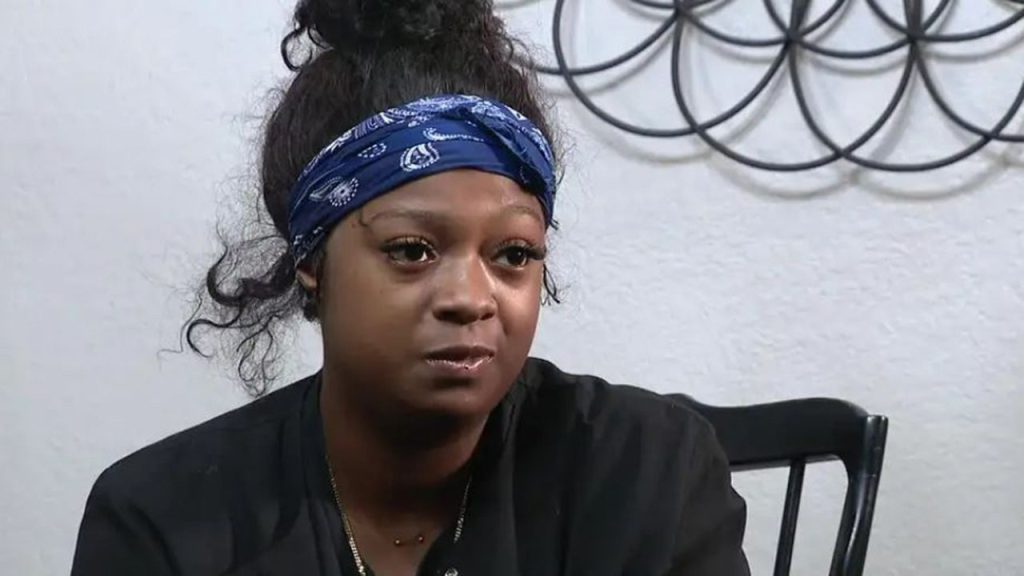Aleah Wallace, a Texas mom, shot and killed a 14-year-old boy who was trying to break into her 8-year-old daughter’s window in December. This week, a grand jury in Tarrant County decided not to charge her for the shooting, ruling that there was not enough evidence to do so. Wallace expressed relief over the decision, as she had feared being separated from her children or having the case drawn out. She and her children have been attending therapy sessions to cope with the trauma of the incident.
Despite being cleared of charges, Wallace expressed sympathy for the family of Devin Baker, the teenager who lost his life in the incident. She shared that she was devastated that Baker was only 14 years old and that she didn’t know his age when he was attempting to break into her home. Wallace had previously faced eviction from the government-subsidized housing she was living in due to breaking the rules against having firearms on the premises. However, the threat of eviction was dropped after she received pro bono legal assistance and support from local politicians.
Before the shooting, Wallace had experienced multiple attempted burglaries, prompting her to call the police each time. She maintained that her actions were solely to protect her daughters from potential harm. Baker’s mother revealed that he had left their home without her knowledge the night of the incident. Wallace reiterated that she had no knowledge of his age and was acting out of concern for the safety of herself and her children. She expressed regret over the tragic outcome of the situation.
Since the incident, Wallace and her daughters have moved out of the apartment where the shooting took place. They continue to attend therapy sessions to process the emotional impact of the events that transpired. Despite the challenges they have faced, Wallace expressed gratitude for the support she has received from the community and lawmakers. The case sparked a debate on self-defense laws and the rights of homeowners to protect themselves and their families in dangerous situations. Ultimately, the grand jury’s decision not to charge Wallace reflects a recognition of her actions as a response to a perceived threat to her family’s safety.


